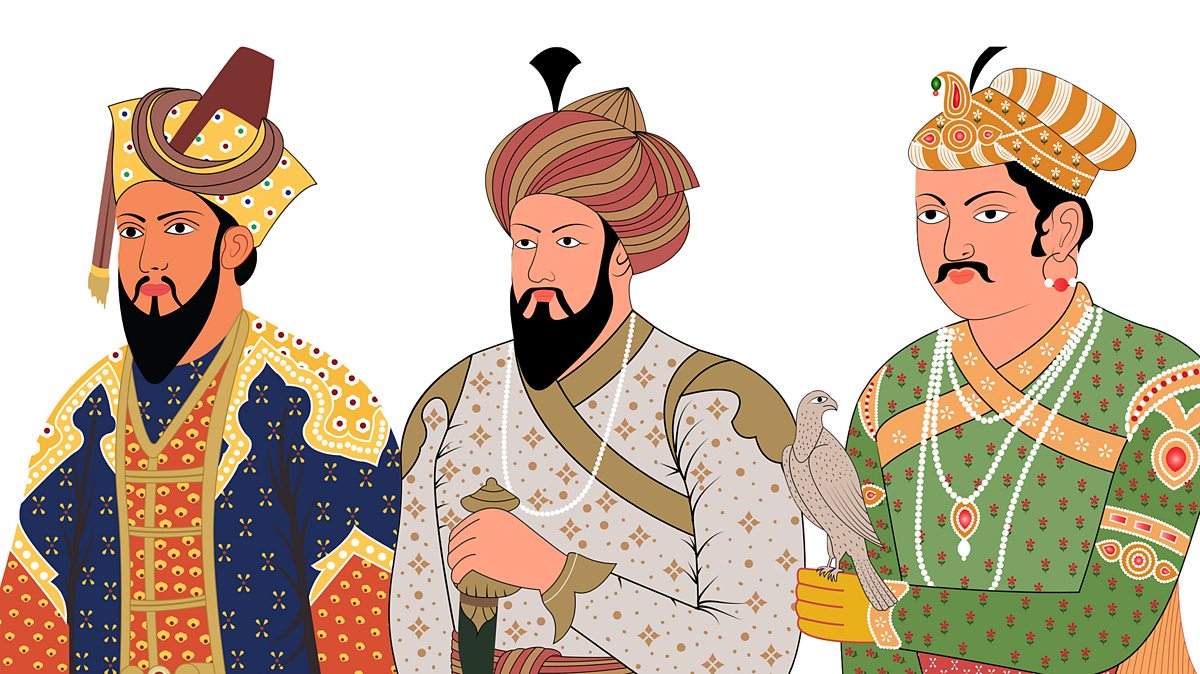RBI Maintains Status Quo on Interest Rate MPC
Context:
The Reserve Bank of India’s Monetary Policy Committee (MPC) convened from October 7 to 9, 2024, to review the current economic situation and make decisions regarding monetary policy. The committee has maintained a cautious stance, balancing inflation control with the need for economic growth.

Key Highlights from the October 2024 MPC Meeting:
- Interest Rate Decision
- Policy Repo Rate: The RBI decided to keep the policy repo rate unchanged at 6.50% for the tenth consecutive time since April 2023.
- MPC Voting: The decision was approved by five out of six members of the MPC, emphasising a focus on taming inflation.
- Change in Policy Stance
- Monetary Policy Stance: The MPC unanimously shifted its stance from ‘withdrawal of accommodation’ to ‘neutral’, potentially paving the way for future rate cuts.
Economic Context:
- Current Economic Climate
- GDP Growth Projection: The MPC projects real GDP growth for 2024-25 at 7.2%, consistent with previous estimates.
- Inflation Estimate: The Consumer Price Index (CPI) inflation projection for 2024-25 remains at 4.5%, unchanged from earlier forecasts.
- Inflation Trends
- Macroeconomic Assessment: The MPC noted a balance in current macroeconomic parameters concerning inflation and growth. RBI Governor Shaktikanta Das indicated that while headline inflation might moderate, it is expected to reverse in September and could remain elevated in the near term due to adverse base effects.
- Core Inflation: Core inflation is anticipated to remain broadly moderate. Governor Das used the analogy of a “horse” to symbolise the ongoing battle against inflation, emphasising caution in controlling it.
Domestic Growth Analysis:
- Sustained Domestic Growth: Domestic growth has been robust, supported by private consumption and investment. The MPC will continue to monitor the evolving inflation outlook closely.
- Market Reactions: Following the MPC announcement, analysts anticipate potential interest rate cuts in December or February, provided there are no significant inflation shocks.
About MPCThe Monetary Policy Committee (MPC) of the Reserve Bank of India is responsible for setting the benchmark interest rates and ensuring price stability while supporting economic growth. The MPC meets regularly to assess economic conditions and make necessary adjustments to monetary policy. CompositionMembers: The MPC consists of six members:
The primary objectives of the MPC are:
Functions
Meetings
|
Future Implications
- Potential Rate Cuts:The shift to a neutral stance opens the door for potential interest rate cuts, contingent upon stable inflation conditions.
- Geopolitical Risks:Upside risks to inflation remain due to unexpected weather events and escalating geopolitical conflicts. However, Deputy Governor Michael D Patra stated that India is better prepared for these risks compared to a few months ago.
Subscribe to our Youtube Channel for more Valuable Content – TheStudyias
Download the App to Subscribe to our Courses – Thestudyias
The Source’s Authority and Ownership of the Article is Claimed By THE STUDY IAS BY MANIKANT SINGH



